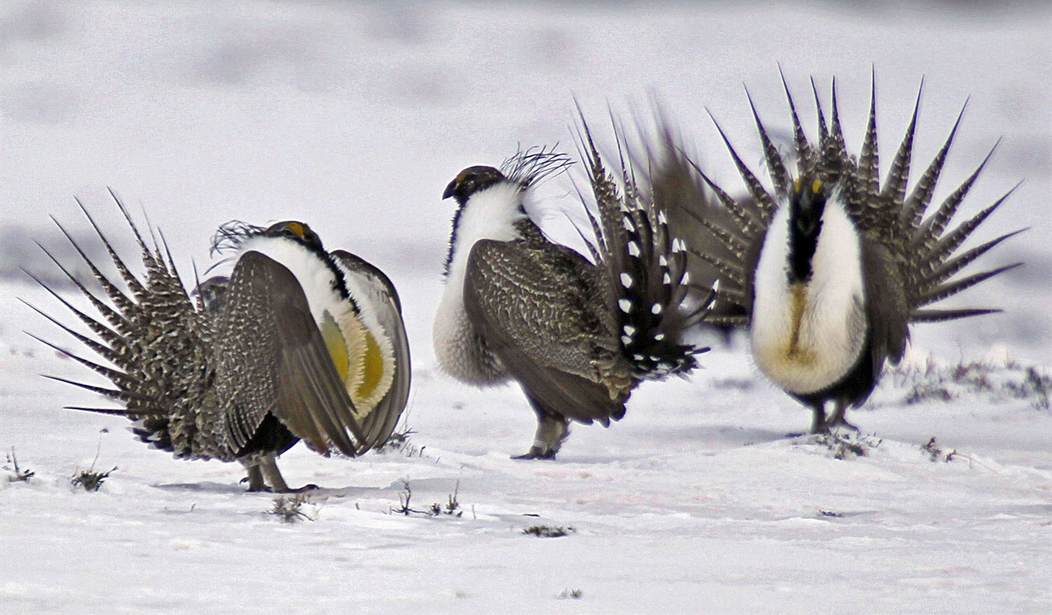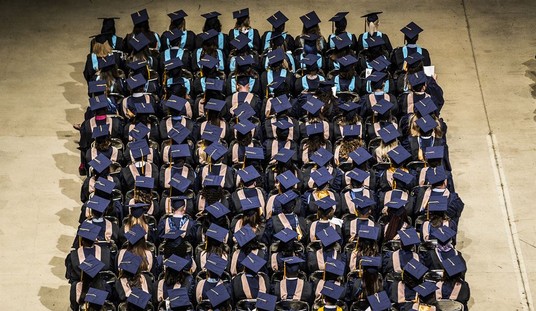I was brought up in an Audubon Society family, back when the Audubons were actually about birds and birdwatchers. I've always liked birds. Everywhere I’ve lived, I’ve generally run a bird feeder. In our old Colorado home where we lived for so long, we had mostly house finches and chickadees. As a kid back in Allamakee County, Iowa, we had chickadees, goldfinches, cardinals, and what I’ve long considered the most beautiful of North America’s songbirds, the Rose-Breasted Grosbeak -- which sadly doesn’t range this far north.
Up here in the Great Land, we have juncos, redpolls, chickadees, gray jays, magpies; and in summer, a great variety of warblers and thrushes, along with the violet-green swallows that vacuum up a lot of the local mosquitoes, for which we are very grateful.
Chickadees are great neighbors. I know I’m anthropomorphizing their behavior some, but to me, they always seem so indefatigably cheerful. Even in temps of 15 or 20 degrees below, these tiny bundles of feathers are out and about with the sunrise -- calling, exploring, looking for food. They are frequently first at the feeder in the morning and last to leave at night, especially just now, as winter is rapidly returning to the Great Land. It’s fun to have them around, and we are always looking forward to having more of their cousins visit as well.
But I didn't know until Thursday that many of the birds I so enjoy having around carry names that are sad legacies of racism.
Today the American Ornithological Society (AOS) announced that in an effort to address past wrongs and engage far more people in the enjoyment, protection, and study of birds, it will change all English bird names currently named after people within its geographic jurisdiction. The AOS will also change the process by which English names are selected for bird species. The effort will begin in 2024 and will focus initially on 70–80 bird species that occur primarily within the U.S. and Canada.
“There is power in a name, and some English bird names have associations with the past that continue to be exclusionary and harmful today. We need a much more inclusive and engaging scientific process that focuses attention on the unique features and beauty of the birds themselves,” said AOS President Colleen Handel, Ph.D., a research wildlife biologist with the U.S. Geological Survey in Alaska. “Everyone who loves and cares about birds should be able to enjoy and study them freely—and birds need our help now more than ever.”
My colleague Brad Slager gave us a warning of this possibility some time ago, but I was skeptical; now, here we are. Were I to sum up this effort with one short, pithy phrase, it would be bird-related; as in, the stuff that one regularly has to shovel out of chicken coops.
What the AOS doesn't present is which actual birds are to be renamed, so I thought I'd offer some suggestions:
- Common Loon - Mainstream Differently-Mental Health-Enabled Water Bird
- American Robin - Racist, Sexist, Heteronormative, Native-Peoples-Oppressing Red-Breasted Bird
- Bald Eagle - Follically-Challenged Patriarchy-Symbolizing Eagle
- Prairie Chicken - Grassland-Inhabiting Bird of Minimal Physical Courage
- Black Duck - Well, Black is capitalized, so this one's probably OK already.
- Audubon's Warbler - Slave-Owning White Supremacist Warbler
- Bob-o-Link - Gender-Indeterminate-o-Link
I could do this all day.
This is, of course, all part and parcel of the overall trend -- frantically renaming or removing anything that offends some of the most thin-skinned people in the history of the known universe. See these links for more examples:
- West Point Begins Its Erasure of Robert E. Lee
- College Purges Revolutionary War-Era Heroes, Replaces Them With American Indians – AKA 'Inclusion'
- LGBT Ecologists Ogle Racist Parks, Nonbinary Frogs, and the Importance of Public Places for Gay Sex
But birds? Really?
Granted the common (English) names of some birds have changed for logical reasons. At one point, ornithologists considered there to be several different species of junco in North America, based on minor differences in plumage and calls. Later, given the newer tool of DNA analysis, taxonomists and ornithologists determined that there were insufficient differences and sufficient interbreeding to justify the old taxonomy, the continent-spanning species of "Dark-Eyed Junco" was born. And warblers -- there are so many kinds of warblers in North America, and so much interbreeding takes place that the whole concept of species just becomes downright fuzzy.
That's biology for you. There are few hard lines in nature. It's fuzzy, chaotic, and constantly changing. It wouldn't work otherwise. As we gather data, some species get split away from others, and some previously separate species get lumped back together. When that happens, common names change.
But renaming birds that have had these common names for many decades, just because some thin-skinned little snowflakes may be offended? Nonsense.
Finally, just to take away the taste of all that woke nonsense, enjoy one of the most beautiful bird songs of North America: The Hermit Thrush.















